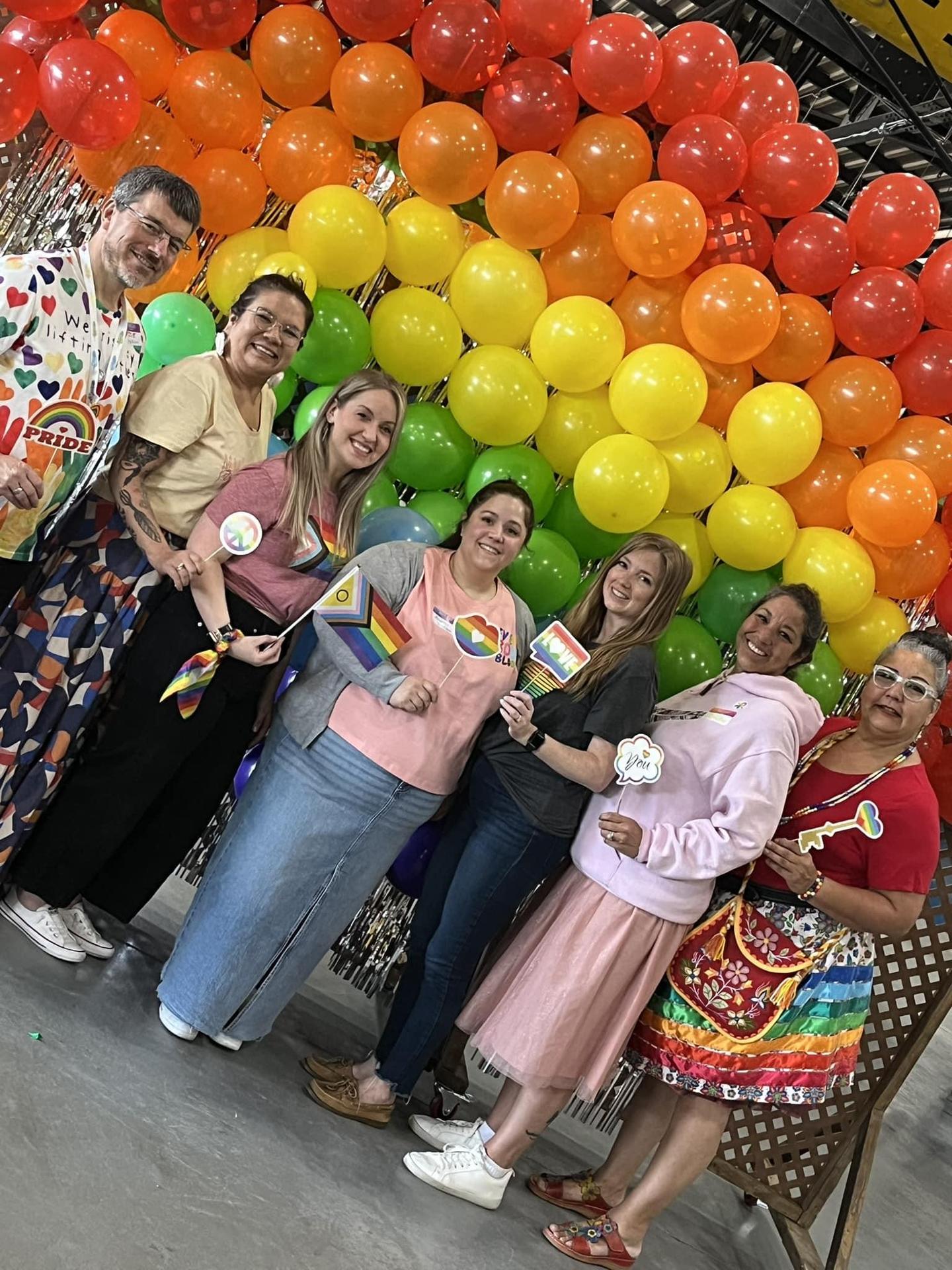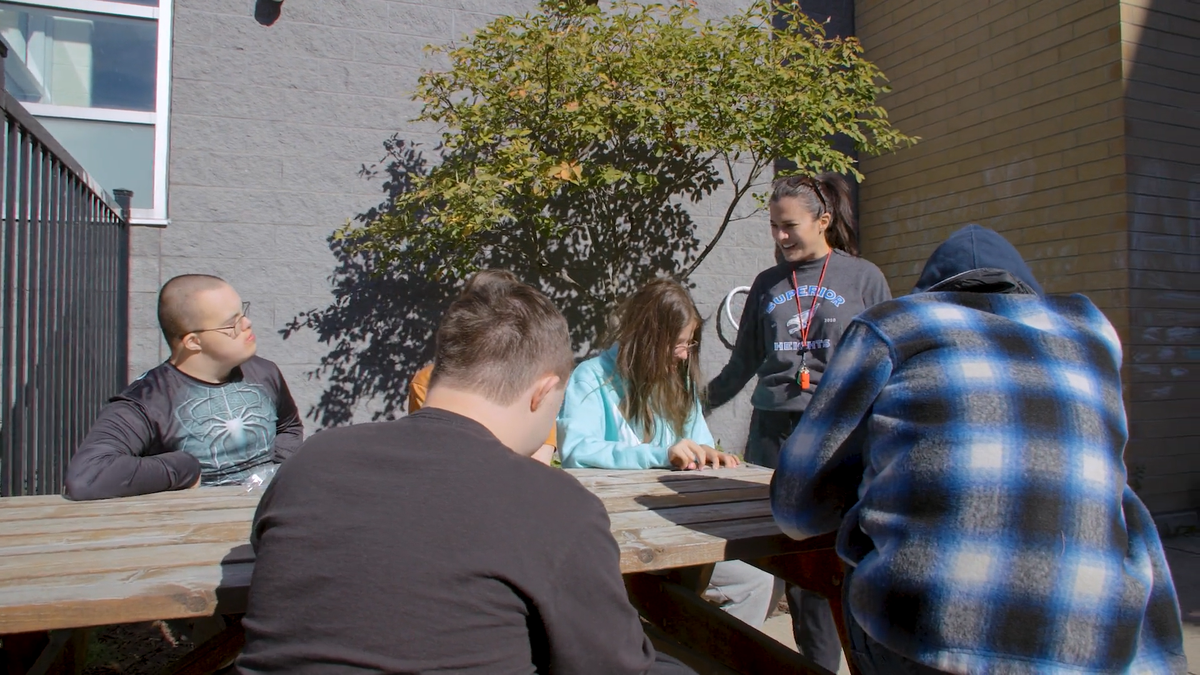We are committed to providing learning and working environments and student learning opportunities that are reflective of the diverse identities found within our ADSB communities.
In our last two Student Census Surveys (2019 and 2023), at least 20% of our students identified as Indigenous, a growing number of our students are not born in Canada and over 1/3 of students in grades 7-12 do not identify as White. Our student population is changing.
When asked, our students want to feel like they belong and are welcomed, in all of their identities: their gender, language, culture, racial identity, and in their ways of thinking and learning. ADSB has adopted a “belonging framework” which is mindful of the diversity of students, and seeks to structure beliefs, practices, and policies that take into consideration how our actions affect those on the margins. This framework is built around School Mental Health Ontario’s “identity-affirming school mental health” approach. For instance, in reviewing our instructional policies and practices we intentionally ask ourselves: “Who might be excluded? Does this policy make it harder for certain populations of students and their families? Is this fair to everyone?” Belonging seeks to make sure that there are no discriminatory practices, and there is a concerted effort to remove barriers that prevent anyone from full participation in school opportunities. This has become the core of our work in bringing Reconciliation and Equity affirming approaches to all our work creating learning and working environments that reinforce belonging.
In May 2022 we engaged in collaboration with students, staff, families and community partners to develop, implement and monitor a plan to uphold and promote human rights and equity for all school community members and support Reconciliation. ADSB’s Code of Conduct has been updated to reflect our commitments from May 2022 and our focus on belonging.
During a 2024 PD Day, staff across the system participated in a virtual presentation with Dr. Andrew B Campbell (Dr. ABC) who challenged our staff to think about what belonging is. He suggests that “…belonging is more than a flag, a sign or a sticker. It is the extent to which children feel individually welcomed, respected, included and supported by others within the school environment.”
This is about Confident Learners and Caring Citizens – for ALL students, not SOME students– to ensure all students belong and have an opportunity to feel confident in who they are, with an opportunity to be successful to their full potential, within a caring and supportive learning environment.




